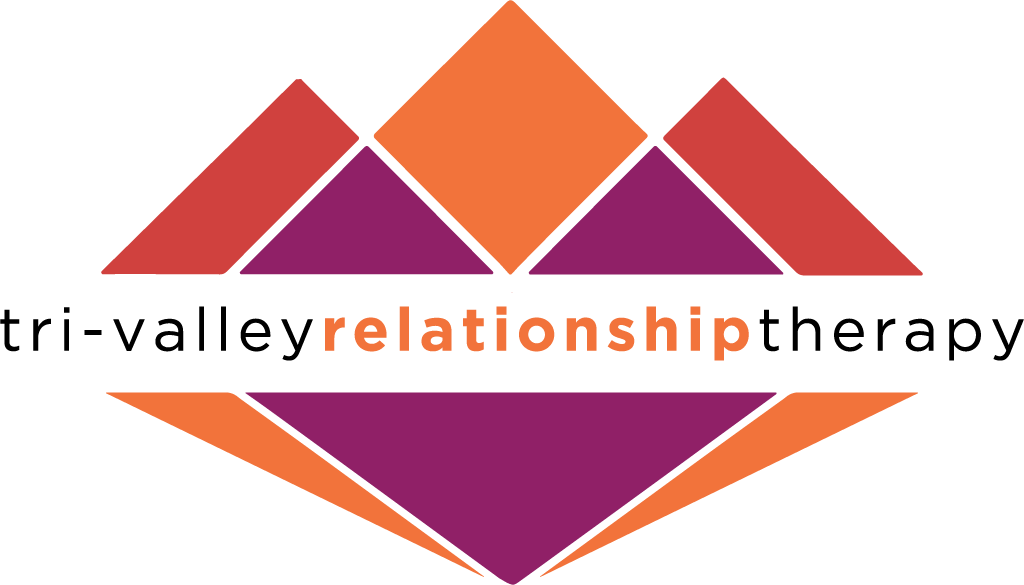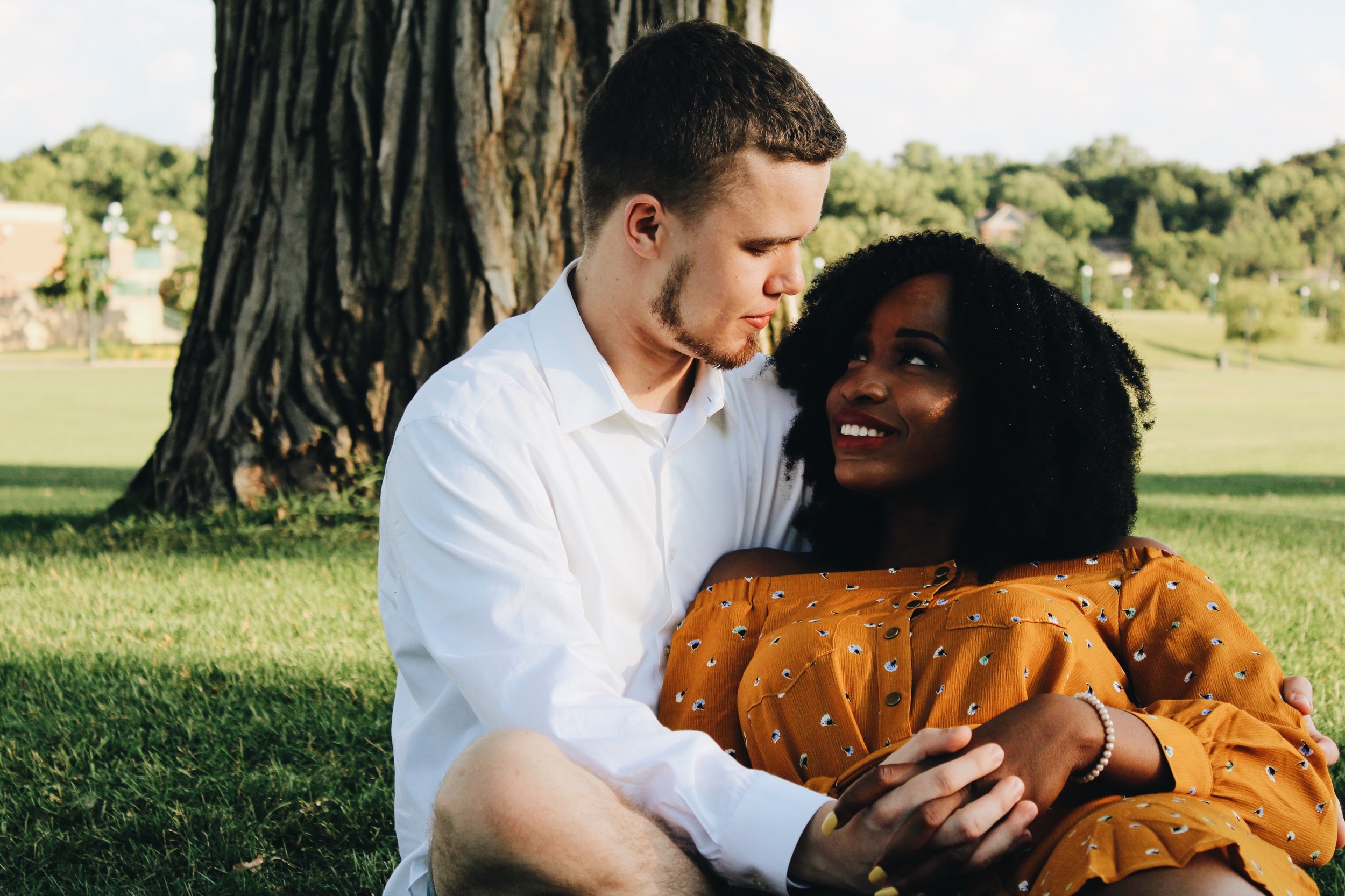Interracial/Intercultural Couples’ Challenges
Interracial & intercultural relationships face many challenges even in this day & age but can be incredibly rewarding for the partners as well. Multicultural couples counseling at Tri-Valley Relationship Therapy, Inc. can help you navigate the challenges & enjoy the rewarding aspects of your relationship. Photo by Shanique Wright
As a racial & cultural minority, in an interracial marriage, the challenges of interracial relationships is something that hits home for me and I have a special place in my practice for racially & culturally diverse couples. One would think that interracial/intercultural relationships & marriages would be embraced and accepted wholeheartedly in 2018 but that is not the case. Couples in interracial relationships continue to face challenges even though there has been a steady rise in interracial dating.
In fact, according to a recent Pew Research Center Report (2017), 1 in 6 newly married people are married to someone who is of a different race or ethnic background. Despite the growing openness of people to date and get into relationships with partners from different cultural & racial backgrounds, biracial/bi-cultural couples continue to face an uphill battle of staying together because of societal & familial stress. This type of stress goes above and beyond any other relationship that did not cross the barriers of race, culture or faith.
Couples in interracial & intercultural relationships face two types of challenges- external & internal. External challenges are stressors on the relationship that originate from outside of the couple unit- from family, friends, society & community. Internal challenges stem from within the couple when partners struggle with communicating expectations & cultural differences related to topics such as children, finances, sex, religion etc.
External Challenges
Disapproval from family-
Many cultures believe that a marriage is not between two individuals but it is a union between two families. Interracial couples often face disapproval from their families in the form of alienation, boycott & isolation. At times, one partner or both might be concerned about the repercussions of their families finding out about their relationship. In such cases, people put in a lot of effort to keep the relationship a secret and the stress of holding that secret takes a toll on the relationship.
Criticism from friends-
Many couples in interracial relationships experience a shift in their friendships. Friends might begin to keep their distance or express disappointment in the couple’s decision to be together. In my work with interracial couples, I often hear how some friends of couples decide not to welcome the partner with the different racial/cultural background into their home or not acknowledge the partner, if they happen to be around.
Societal prejudice-
The challenge of societal prejudice and bias is very difficult to navigate. Mixed race couples often get “looks” or people shaking their heads as they walk by. I have had couples share how random people have offered unsolicited chastising remarks such as “Be proud of your race and be with your own kind” or “You are embarrassing your entire community and setting a bad example for others.” It gets worse if the couple has kids- mixed race couples with biracial or multiracial children have had people question one or both parents if they are taking care of someone else’s child or even feeling sorry for the child because “they are going to grow up very confused about who they are!”
Internal Challenges
Communication gaps-
Culture influences the way we communicate and express our feelings to others. In interracial/intercultural relationships, at times, couples struggle with differences in communication, especially when there is a linguistic difference. Certain words and phrases mean different things in different languages and humor/jokes could be misunderstood.
Cultural differences-
Our cultural & racial background influences the way we think about money, sex, religion, gender and children. Interracial couples tend to struggle with making mutually agreed upon decisions about things such as if both partners are going to work outside of the house or if one will be the bread winner and the other partner will be in charge of taking care of the family and home. Other issues that might pose problems are religious practices, whether contraception is an option or is acceptable, decision about whether the couple wants to have children or not, conflict about gender roles etc.
Dealing with in laws & parents-
When it comes to managing relationships with in laws, most couples struggle. However, the struggle becomes magnified for couples in interracial relationships because of general disapproval of the relationship by the family. In cases where partners choose not to disclose to their families about their relationship or their partner’s cultural/racial background, it can cause significant distress in the relationship. Also, because of the fear of further alienation or isolation, people are unable to protect their relationships and partners from their family’s hurtful, disparaging interactions.
Parenting-
It is common for couples to disagree on parenting styles and strategies, even if they belong to the same cultural/racial group. Interracial/intercultural couples could bring opposing perspectives on parenting and the differences in opinion could be too wide of a gap to bridge. Another issue that comes up with interracial/intercultural co-parenting is the social, cultural, racial & religious identity of the children. Couples find themselves in a tug of war with their partners, each trying to impose their cultural/racial/religious identity on to their children, instead of allowing the children to explore who they are on their own.
Holidays & traditions-
Another tricky issue to navigate is the celebration of holidays and traditions in a bi or multicultural/multiracial family. There is an underlying fear of losing one’s cultural/racial identity by pairing with someone that doesn’t share your background which leads to an unconscious attempt to overcompensate for the fear by promoting one’s cultural traditions and suppressing anything that is different.
In the next article, I will share practical tips for interracial/intercultural couples in navigating these crucial issues.
Written by: Nagma V. Clark, Ph.D., L.P.C.C. specializing in sex therapy, couples therapy & marriage counseling, premarital counseling, individual relationship therapy & LGBTQQI couples counseling at Tri-Valley Relationship Therapy, Inc. in the East Bay, in Dublin & Oakland.
If you and your partner are interested in improving your connection and strengthening your relationship, couples/marriage counseling at Tri-Valley Relationship Therapy, Inc. in the East Bay can help. Dr. Clark utilizes an integrative approach to help couples strengthen all facets of their relationship.
Call 925-400-3541 or email doctor.nvclark@gmail.com to schedule a free 15 minute phone consult or fill out the contact form and you will be contacted within 12-24 hours.

